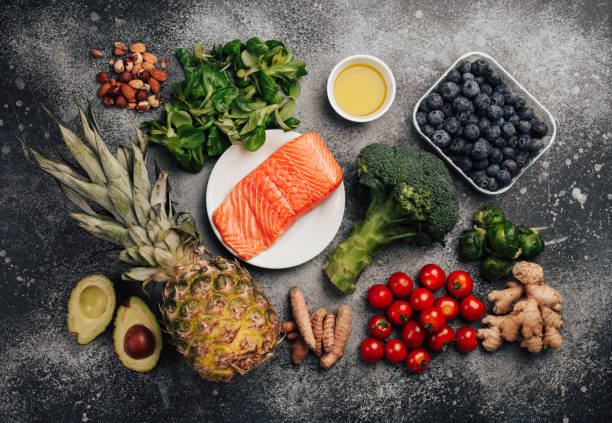Saccharin and Sucralose may interfere with the body’s ability to regulate blood sugar after eating due to changes in the microbiome.
It was found that saccharin and Sucralose both increase blood sugar despite their supposed non-effect. It may be due to the changes that sweeteners cause in gut bacteria.
They are 200 times sweeter and have fewer calories than sugar.
Jotham S. Suez from Johns Hopkins University, Maryland, and his colleagues evaluated the blood sugar levels of 120 healthy adults living in Israel. Participants reported not consuming low-calorie sweeteners in the six months before the study.
The participants were divided into six groups and given packets of 1-gram sweeteners. Participants in four groups consumed three packets of aspartame or saccharin dissolved in water each day for two weeks. Sweetener packets contained at least 96% glucose. This is because sweeteners such as aspartame and Sucralose are so powerful that only a tiny amount is required. Each sweetener’s total daily dose was lower than the US Food and Drug Administration-accepted daily intake. The fifth group consumed the same amount of glucose powder during the same period, and the final group did not take any supplements.
Most studies that have assessed the environmental impact of food so far have concentrated on agricultural commodities like beef and soybeans rather than lasagnes or tofu, which shoppers often purchase. When research has been done on consumer products, the focus has typically been on a limited number of products.
To bridge this gap, Michael Clark from the University of Oxford, along with his colleagues, analyzed over 57,000 food products and drinks sold in the UK. The team collected ingredient data from eight retailers, including Tesco and Sainsbury’s.

